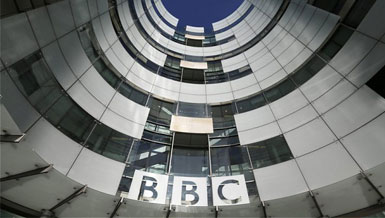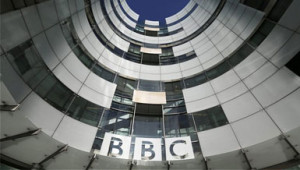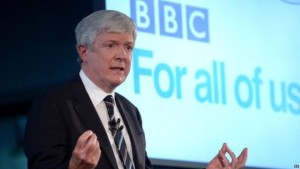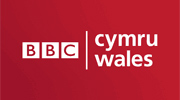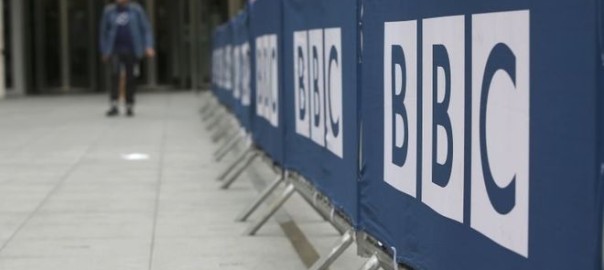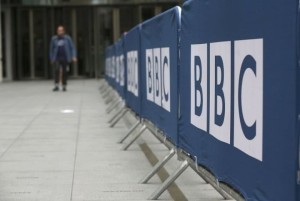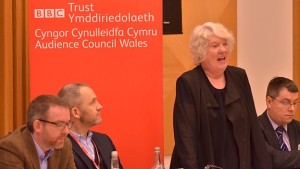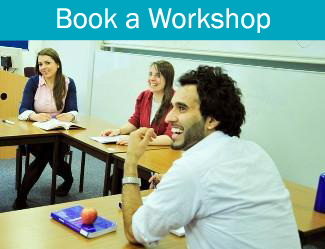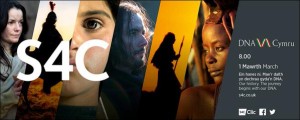The BBC Trust held a seminar in Cardiff ‘as part of the Charter review process’ on 20th October. It was open to the public but the majority of those present were media workers, academics or correspondents. The Western Mail report on it is accurate but conveys nothing of the atmosphere among the attendees which was, at times, mutinous and, finally, outspokenly critical. These sore spots have to be examined or they will go on festering to no good purpose.
Continue reading Is the BBC Trust getting the message from Wales?
